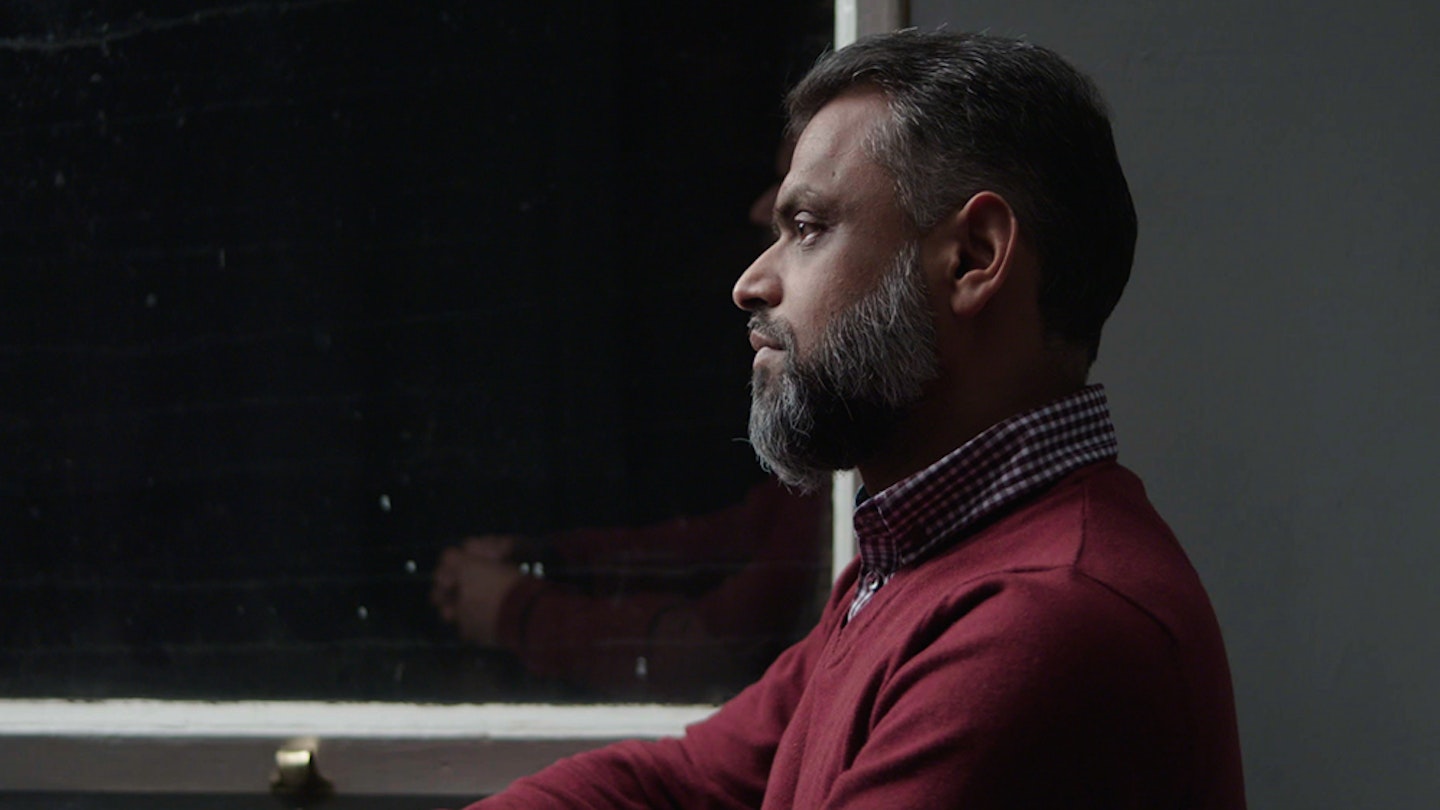Moazzam Begg seeks to use this showcase to provide a lucid defence of his faith and his motives for visiting Bosnia, Chechnya, Afghanistan, Libya and Syria. The son of a Birmingham banker who migrated from Pakistan, Begg is proud of his education at a Jewish school and applauds Britain's efforts at multiculturalism. But he decries the demonisation of Islam in the media and strives to show how his determination to make up his own mind about some of the world's most troubled places brought him to the attention of MI5 and the CIA.

It leaves one wondering how he would fare against a more rigorous interviewer.
While being held in Bagram and Guantanamo, Begg signed two confessions. But he also dwells on the one beaten out of Ibn al-Shaykh al-Libi to prove a connection between Al-Qaeda and Saddam Hussein and it's this shameless duplicity that Begg consistently highlights in advocating the purest, noblest form of jihad, which is to rise above conflict.
Begg communicates with calm conviction and chooses his words with such care that one suspects he rehearsed his responses to Ashish Ghadiali's accommodating, if occasionally incredulous questions. But even in such favourable conditions, Begg is not as confident or compelling a raconteur as Nick Yarris in David Sington's The Fear of 13. Nor, despite the odd evasion, is he as practised in the dark arts of political expediency as Donald Rumsfeld in Errol Morris's The Unknown Known. Thus, while this affords an innocent man the opportunity to explain why he is regarded as such a threat by the Anglo-American authorities, it leaves one wondering how he would fare against a more rigorous interviewer.
